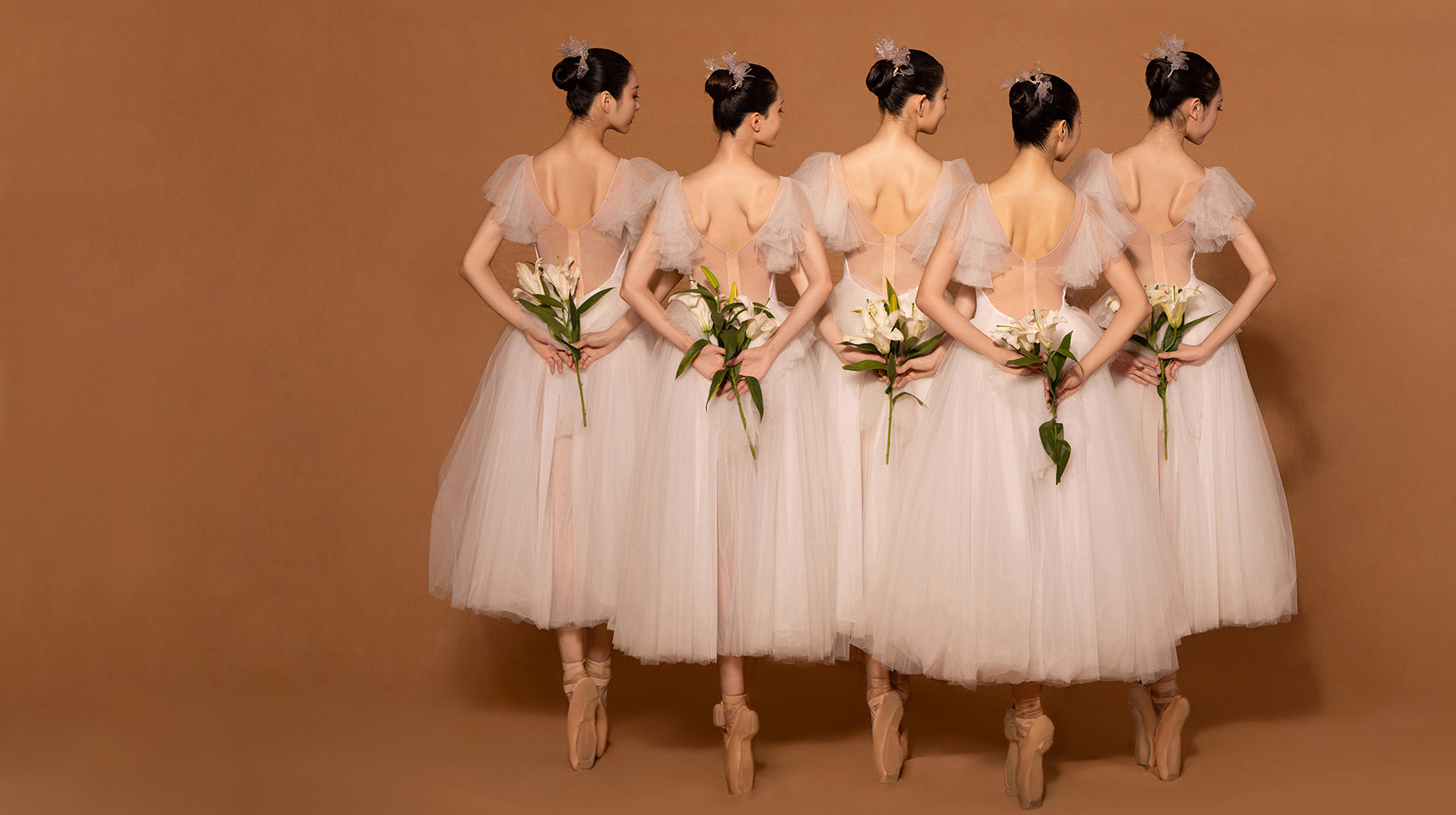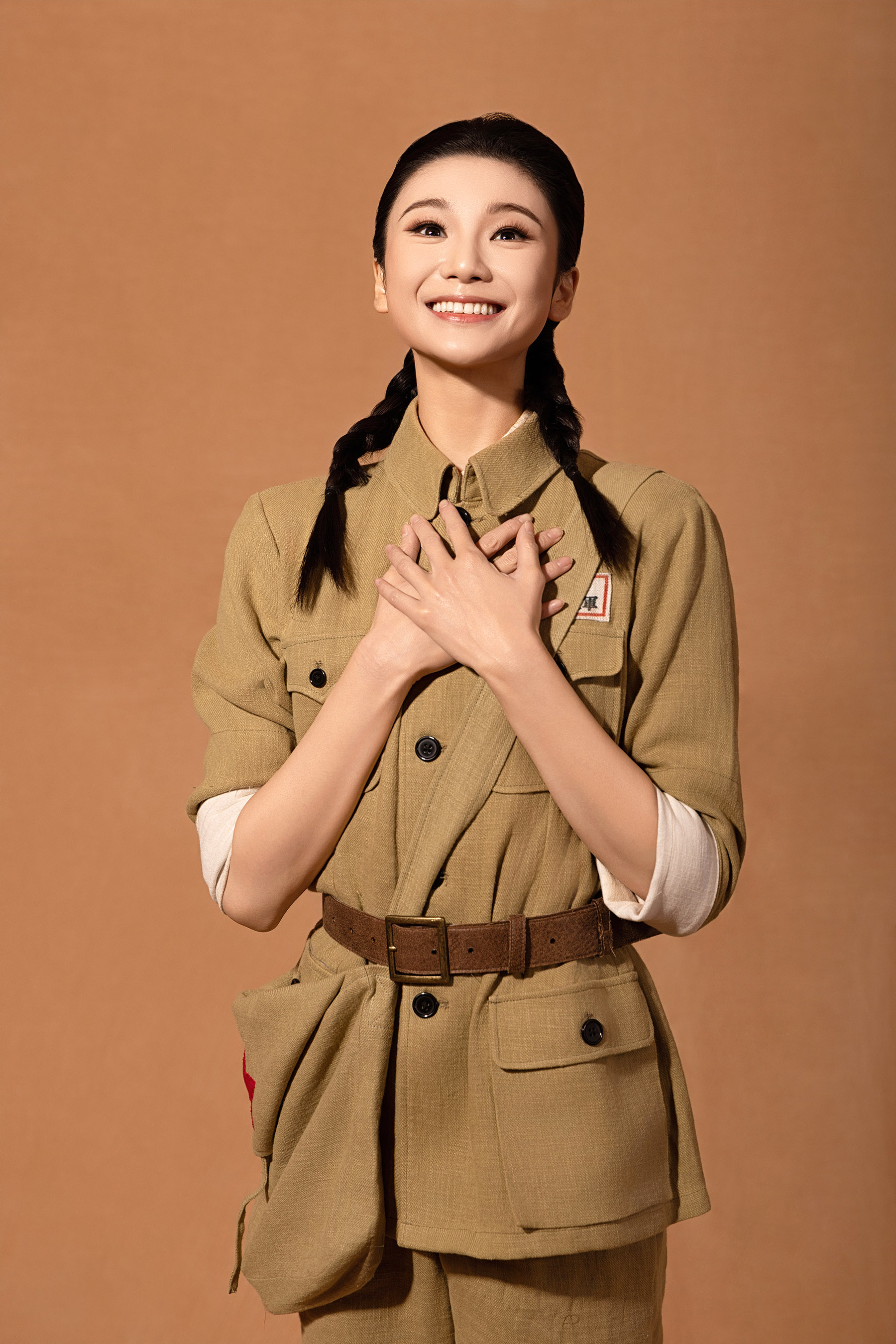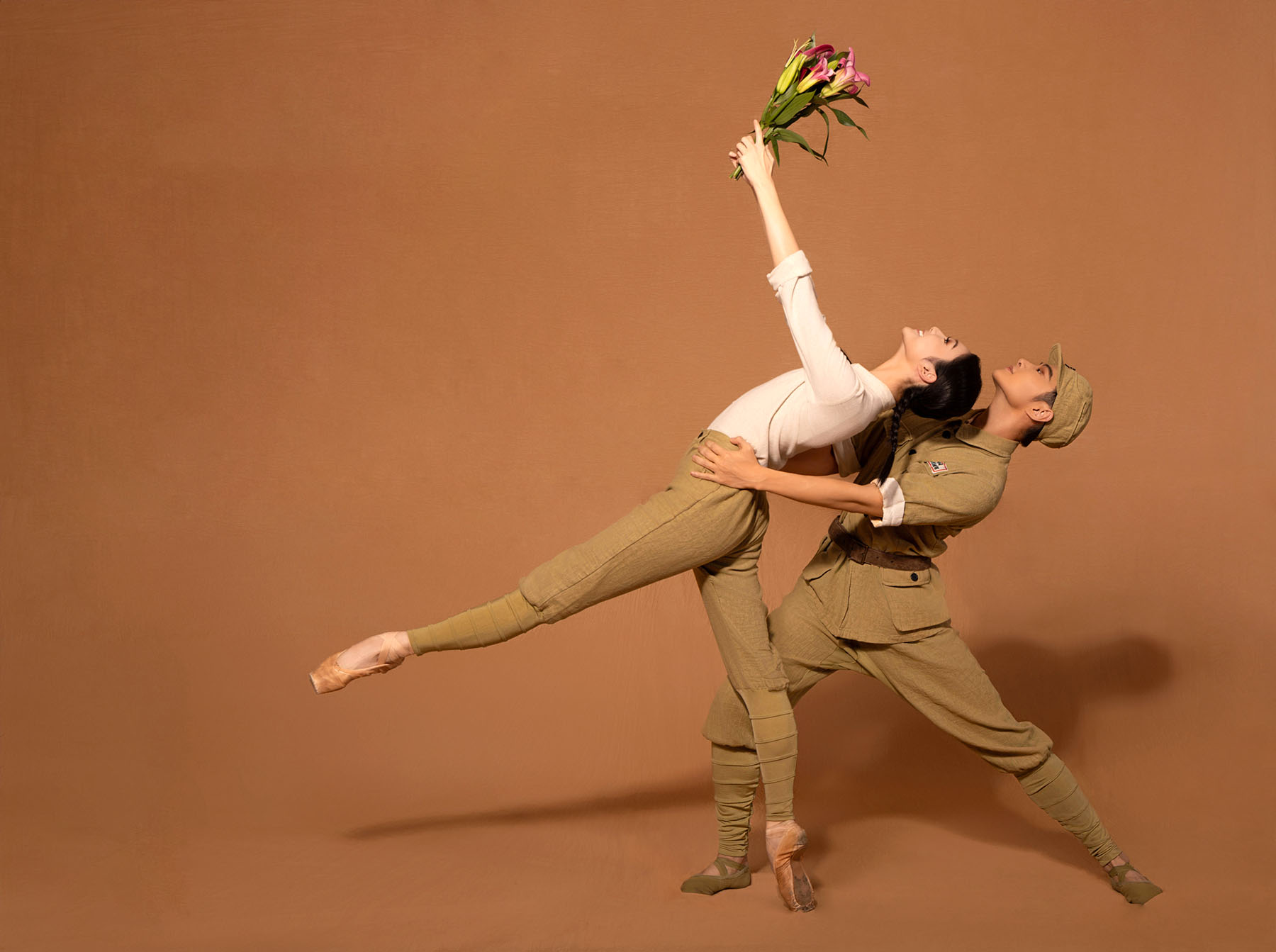The use of a blanket plays the centerpiece in sharing a touching tale that takes place during a war, Zhang Kun reports.

The Shanghai Ballet's new production of Lily will premiere at the Shanghai Grand Theatre on July 18. Lily, adapted from a short story of the same title by veteran writer Ru Zhijuan (1925-98), depicts a young military nurse's brief encounter with a soldier and a rural woman during a mission to borrow blankets from villagers during the War of Liberation (1946-49).
This year marks the centennial celebration of Ru's birth, and the ballet production will serve as "an important gift to my mother", says Wang Anyi, Ru's daughter and also a revered writer.
Wang adapted the story into a ballet at the request of Xin Lili, the artistic director of the Shanghai Ballet.
READ MORE: Celebration of 10th anniversary on pointe
Mao Dun, celebrated writer and then China's minister of culture, said of Lily when it was published in 1958 that he was "satisfied and touched by the story", among the dozens of short stories he read. He praised it for its "concise structure and good writing" and lyrical style.

The story was included in a Chinese middle school textbook in 2022.
"It is a short, simple story that revolves around the ordinary task of borrowing a blanket," Wang said at Duoyun Bookstore in the Shanghai Tower on April 23.
Even with a war in the background, it is a story with few conflicts.
On the eve of a major battle, the nurse sends a young soldier to borrow blankets from nearby villagers' homes.
Seeing him return annoyed and empty-handed, the nurse returns with him to the home of a newlywed bride. The nurse apologizes for the soldier's inappropriate words on his previous visit and convinces the bride to lend a blanket with white lily blossoms printed on it to the combat hospital.

The bride comes to the hospital to help when a heavily wounded soldier is brought in and dies. The bride wraps him with her new blanket before sending him to burial.
"There is little emotional entanglement between the three main characters," Wang Ge, the director says. "I want to highlight the contrast of the brutal war in the background and the beautiful, subtle emotional exchanges between the characters."
While Wang Anyi was working on the script, Professor Chen Sihe, a colleague at Fudan University, warned her that the Chinese-style blanket, a centerpiece prop in the story, would be difficult to present and look awkward onstage.
Eventually, director and choreographer Wang Ge convinced her that the blankets would skillfully integrate into the setting to play a key part in the storytelling.
"He dealt with the prop in a way I least expected. It was interesting; it became a highlight of the show," Wang Anyi says.

Composer Yang Fan integrated folk music from the Jiangnan (south of the lower reaches of the Yangtze River) region to create a natural flow of emotions in the ballet.
"I am from a military family," he says. "I used to see pictures of old comrades-in-arms in my grandparents' photo albums. I don't know their names, but I hope the ballet will remind people of their service and sacrifice."
ALSO READ: Spring music festival dates announced
Commissioned by the municipal publicity administration, the production "tells about the Chinese revolution in the global language of ballet dancing, and finds resonance with today's young audiences", says Ji Pingping, director of the Shanghai Ballet.
Contact the writer at zhangkun@chinadaily.com.cn


